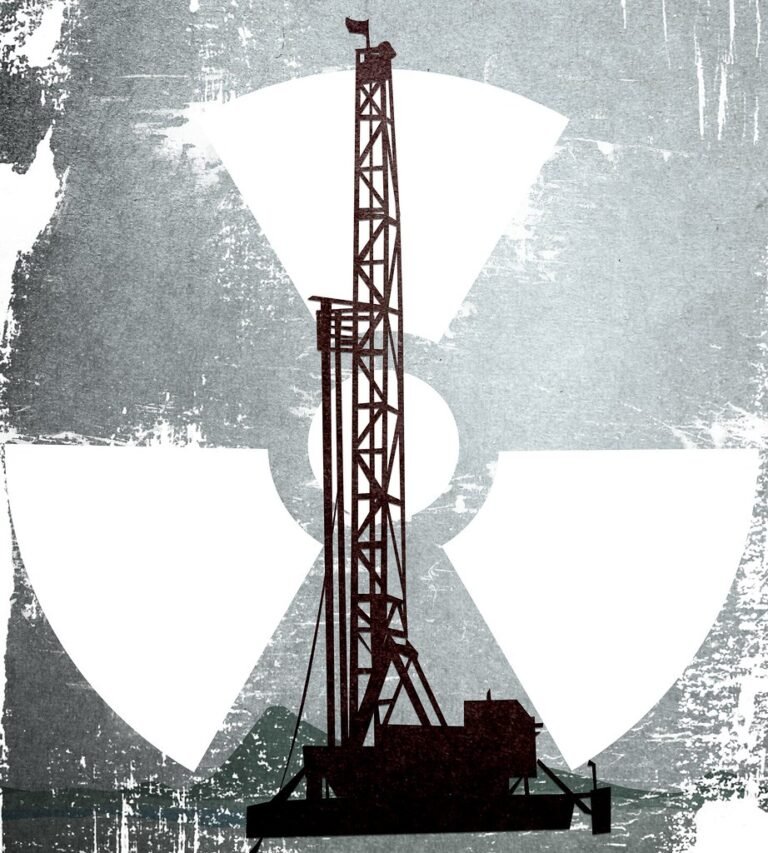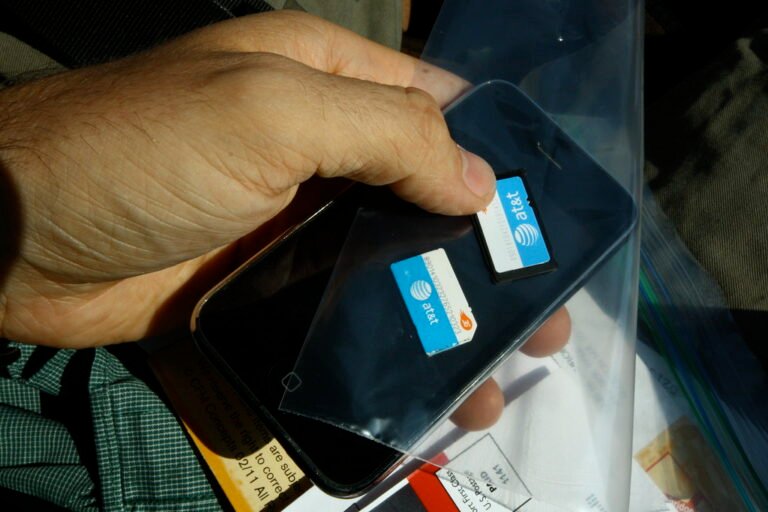
(Source: Tech Crunch) Ford has agreed to pay a hefty $165 million penalty to the National Highway Traffic Safety Administration (NHTSA) after the automaker failed to swiftly address recalls for faulty rearview cameras in its vehicles. This fine marks one of the largest penalties in NHTSA history, ranking second only to the $1 billion settlement stemming from the 2019 Takata airbag recall scandal.
The fine comes after an investigation revealed that Ford not only delayed the recall process but also failed to submit timely and accurate information in its reports to the NHTSA. This included missing deadlines for quarterly recall updates, putting drivers at risk by not addressing the rearview camera issues quickly enough.
Under the terms of the settlement, Ford will pay $65 million in the coming months, while an additional $55 million will be “held in abeyance,” contingent on the company’s future compliance with the terms of the agreement. The remaining $45 million will go toward enhancing safety measures, including the development of cutting-edge technology aimed at preventing future recalls. Specifically, Ford plans to invest in advanced safety data analytics and establish a state-of-the-art multimodal driver assistance technology test lab, with a focus on low-voltage electronics like rearview cameras.
In addition to the financial penalties, Ford is required to hire an independent third party to audit its safety practices and ensure compliance with federal safety regulations moving forward.
“We appreciate the opportunity to resolve this matter with NHTSA and remain committed to continuously improving safety and compliance at Ford,” said a Ford spokesperson. “Wide-ranging enhancements are already underway, including advanced data analytics and the development of a new in-house testing facility, among other initiatives.”
The settlement underscores the growing scrutiny of automakers’ safety practices, as regulators demand faster and more thorough responses to vehicle defects. For Ford, the move represents a significant step in regaining trust and ensuring the future safety of its vehicles.



